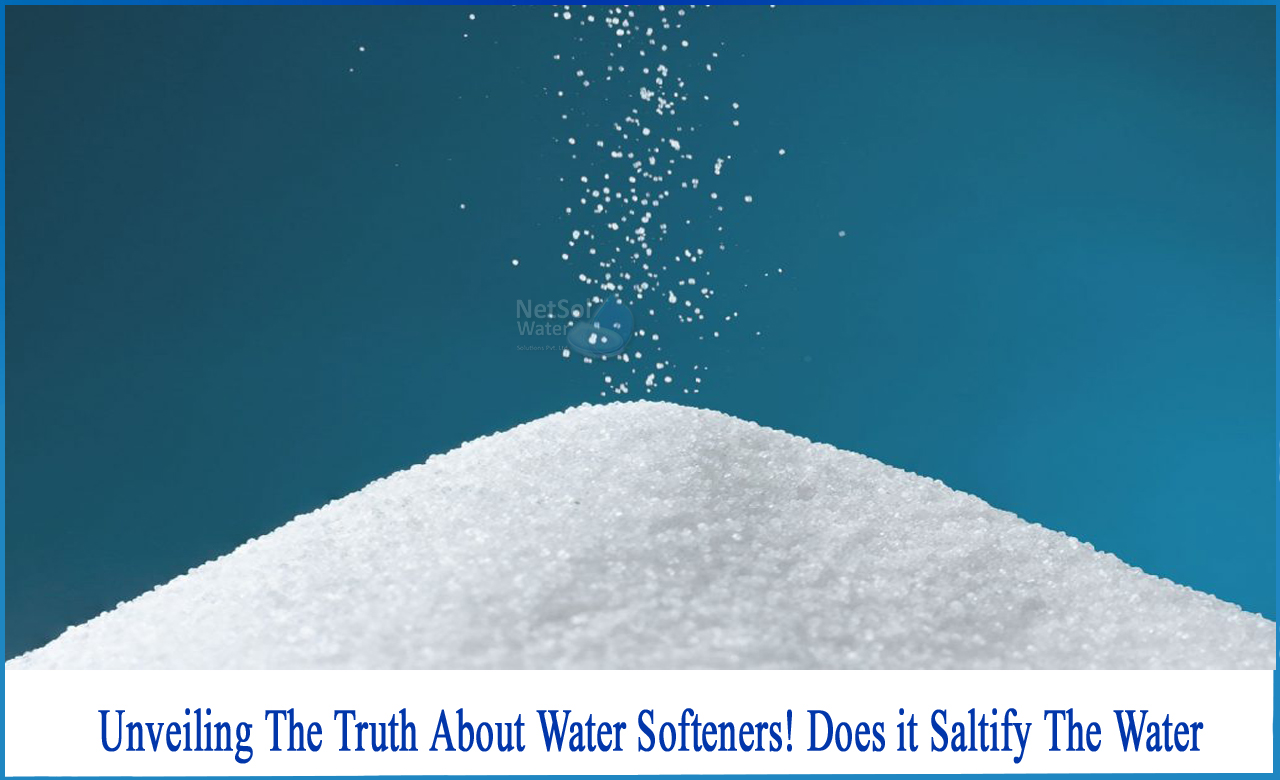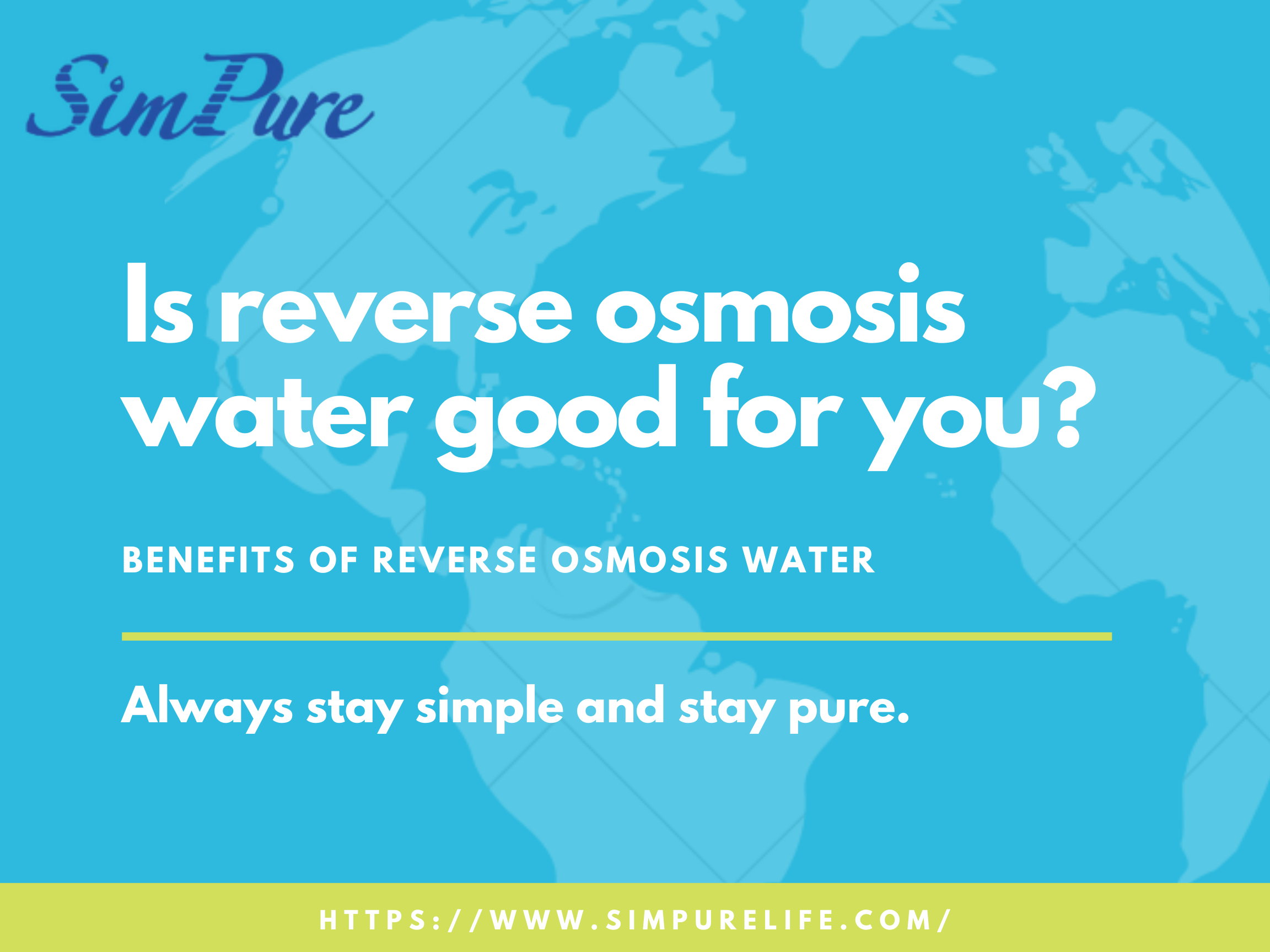Reverse osmosis water is generally safe for consumption and can even remove impurities. Its purification process strips out minerals and contaminants alike.
Drinking water is crucial for health, and reverse osmosis (RO) systems offer a popular method to purify it. These systems push water through a semi-permeable membrane, filtering out numerous contaminants including lead, arsenic, and bacteria. Those looking for high purity levels in their drinking water often turn to RO systems.
Despite its benefits, some critics argue that reverse osmosis removes beneficial minerals along with the harmful substances. As such, it might necessitate additional mineral intake through diet or supplementation. For individuals in regions with high levels of pollutants in tap water, RO provides a clear advantage, ensuring safe, clean water for daily use. Choosing a reverse osmosis system can contribute to peace of mind regarding the purity and safety of your drinking water.

Reverse Osmosis Water Unveiled
Reverse Osmosis (RO) is a powerful water filtration process. It removes impurities from water by using pressure. Water pushes through a semi-permeable membrane during this process. This membrane blocks contaminants but allows clean water to pass through. People know that RO systems deliver pure and clean drinking water.
The popularity of RO water has grown in homes. Many families prefer it for its health benefits. It can remove pollutants that other filters might leave behind. These include bacteria, viruses, and heavy metals. Such contaminants can be harmful. RO systems can protect your family from these risks.

Decoding The Purity Of Ro Water
Reverse osmosis (RO) water carries a reputation for ultimate purity. A membrane in RO systems filters out contaminants. This process catches salts, bacteria, and chemicals. Clean water passes through while impurities are flushed away.
Post-RO water quality depends on the system’s efficiency. It’s generally free from pollutants. It may lack beneficial minerals, though. These minerals are often removed during filtration. Many systems reintroduce these essential minerals later.
| Contaminant Type | Pre-RO Level | Post-RO Level |
|---|---|---|
| Salts | High | Low |
| Bacteria | High | Non-existent |
| Chemicals | Varies | Minimal |
| Minerals | Varies | May be Added Later |
Health Implications Of Drinking Ro Water
Drinking Reverse Osmosis (RO) water has its ups and downs. RO systems strip water of most minerals. This includes both harmful substances and beneficial minerals. Trace minerals like calcium and magnesium get removed in the process. People need these minerals for good health.
To make sure your body gets what it needs, you can add minerals back into RO water. You can do this using special filters or by eating mineral-rich foods. It’s important to balance mineral intake when you drink RO water. Always talk to a health expert before making changes to your diet. This ensures your body stays healthy while enjoying the purity of RO water.
Environmental Concerns With Ro Systems
Reverse Osmosis (RO) systems have raised environmental concerns. Water wastage is a significant issue. During filtration, RO systems discard 3 – 5 times the water they purify. This means for every gallon of clean water, up to five gallons can go to waste.
| Filter Part | Usage Lifespan | Environmental Impact |
|---|---|---|
| Pre-filters | 6 months | Frequent replacement contributes to waste. |
| RO Membrane | 2-3 years | |
| Post-filters | 1 year |
The lifecycle of RO filters varies. Filters might need change every six months to three years. Old filters become environmental waste. People should properly dispose them to lessen harm to our planet.
Diverse Opinions On Ro Water Consumption
Diverse Opinions on RO Water Consumption bring varied insights. Health experts highlight that reverse osmosis (RO) water is free of contaminants.
This makes it one of the safest options for drinking. Yet, some argue it is too pure. Essential minerals found in water are often removed during the process. Calcium and magnesium are such minerals. They are vital for good health.
On the flip side, RO systems can drastically lower the levels of potentially harmful substances. These include lead, arsenic, and pharmaceutical traces.
User experiences vary. Many report feeling energized and enjoying better tasting water. Others miss the natural taste of minerals and alkalinity in their water.
Integrating Ro Water Into Your Lifestyle
Reverse osmosis water, commonly known as RO water, needs minerals for taste and health. Remineralization involves adding essential elements back. Calcium and magnesium are vital minerals often missing in RO water.
Mineral drops or tablets can reintroduce these nutrients. They mix into water easily. This process ensures RO water supports your health targets. Foods high in minerals also help. They ensure your body gets what it needs.
Creating balanced mineral water becomes simple. A water enhancer harmonizes the process. As a result, RO water transforms. It turns into a healthy drink matching your lifestyle.
Frequently Asked Questions On Is Reverse Osmosis Water Good For You
Is It Healthy To Drink Reverse Osmosis Water?
Yes, drinking reverse osmosis water is generally healthy as it removes contaminants and impurities. However, it may also strip away some beneficial minerals.
What Are The Side Effects Of Reverse Osmosis Water?
Reverse osmosis water can cause some potential side effects, including demineralization, a flat taste, and could possibly affect digestion due to low mineral content.
Is Reverse Osmosis Better Than Drinking Water?
Reverse osmosis can provide higher purity drinking water by removing more contaminants compared to standard filtration methods. It’s often considered a superior purification process for water quality.
Which Is Healthier Reverse Osmosis Or Distilled Water?
Reverse osmosis water and distilled water are both very pure. Health differences are minimal, but reverse osmosis retains a few more minerals.
Conclusion
Navigating the waters of healthy drinking choices can be complex. Reverse osmosis water offers purity and taste that align with wellness goals. Remember, it’s about balancing benefits with potential mineral deficiencies. For optimal hydration, consider complementing it with a varied, mineral-rich diet.
Staying informed ensures your water choice supports your health journey.

